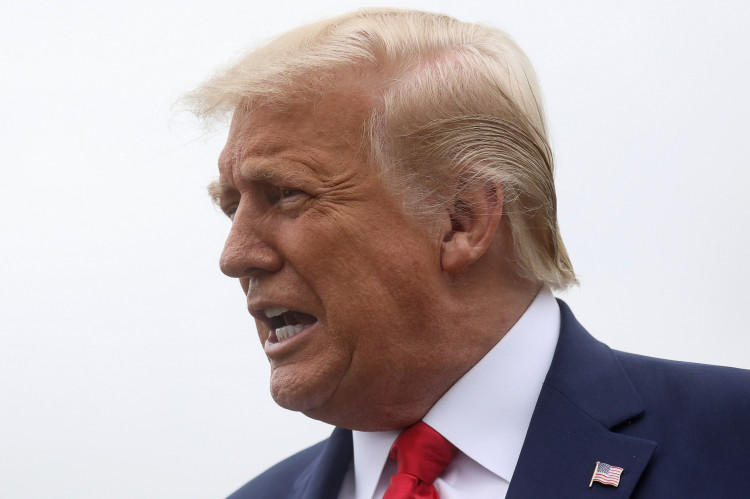President-elect Donald Trump has vowed to reinstate and aggressively pursue federal executions, days after President Joe Biden commuted the death sentences of 37 federal inmates to life without parole. Trump's pledge has reignited debate over capital punishment in the U.S., underscoring the polarized political landscape on the issue.
Biden's decision, announced Monday, affected all but three federal death row inmates. The president stated that the move aligns with his administration's moratorium on federal executions and broader efforts to reform the criminal justice system. Biden's action prevents executions for cases that, under his policies, would not have warranted the death penalty.
Trump, however, took to his Truth Social platform on Tuesday, criticizing Biden's decision as "senseless" and an affront to victims' families. "Joe Biden just commuted the Death Sentence on 37 of the worst killers in our Country," Trump wrote. "When you hear the acts of each, you won't believe that he did this. Makes no sense. Relatives and friends are further devastated. They can't believe this is happening!"
Trump's statement also outlined plans to instruct the Department of Justice to pursue the death penalty upon his inauguration, specifically targeting "violent rapists, murderers, and monsters." The president-elect did not provide specific details on how his administration would implement these policies but reaffirmed his commitment to making the death penalty a cornerstone of his law-and-order agenda.
Among the inmates whose sentences were commuted by Biden are Thomas Steven Sanders, who was convicted of kidnapping and killing a 12-year-old girl in Louisiana after murdering her mother in Arizona, and Jorge Avila Torrez, a former Marine who admitted to the murders of two young girls and a Navy sailor. Trump highlighted these cases to underscore his criticism of Biden's decision.
Biden's commutations excluded three high-profile inmates: Dzhokhar Tsarnaev, the Boston Marathon bomber; Dylann Roof, convicted for the racially motivated killing of nine parishioners at a South Carolina church; and Robert Bowers, who carried out the 2018 mass shooting at Pittsburgh's Tree of Life Synagogue. These individuals remain eligible for federal execution, reflecting Biden's stated policy of limiting capital punishment to cases of terrorism and hate crimes.
Trump's administration previously oversaw 13 federal executions, the highest number under any president in a century. His renewed push for capital punishment comes as public opinion on the issue has shifted. While Gallup polling indicates that support for the death penalty has declined over recent decades, about half of Americans still favor it for convicted murderers.
Critics of Biden's decision argue that it undermines justice for victims' families. Trump spokesperson Steven Cheung described the commutations as "a slap in the face to the victims, their families, and their loved ones." Advocacy groups like the ACLU, however, praised Biden's actions, emphasizing the importance of curbing the use of capital punishment, which they argue is disproportionately applied and prone to error.
Legal experts have noted the challenges Trump's administration would face in expanding the federal death penalty. Many murder cases are prosecuted at the state level, and federal intervention in such cases would require significant legal maneuvering. The broader question of whether rape or other non-homicidal crimes could warrant the death penalty remains a contentious legal issue, with precedent currently deeming such punishment disproportionate.
During his campaign, Trump frequently called for expanding capital punishment to include crimes such as drug trafficking, human trafficking, and the murder of police officers. While he has consistently advocated for harsher penalties, it remains unclear how his administration would navigate the legal and logistical barriers to implementing these policies.






